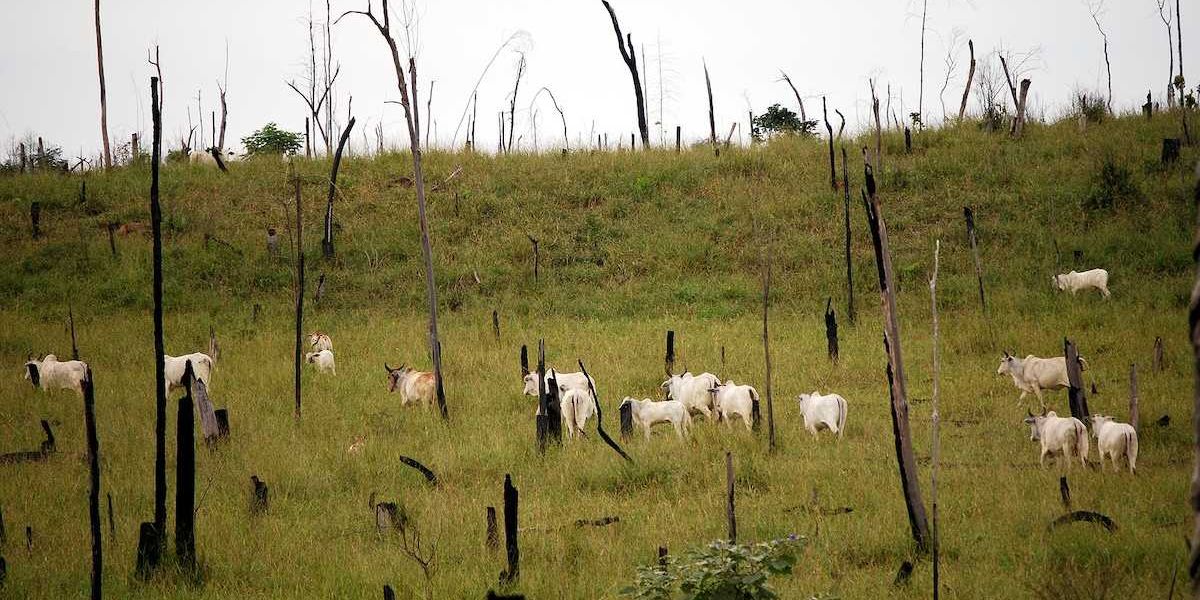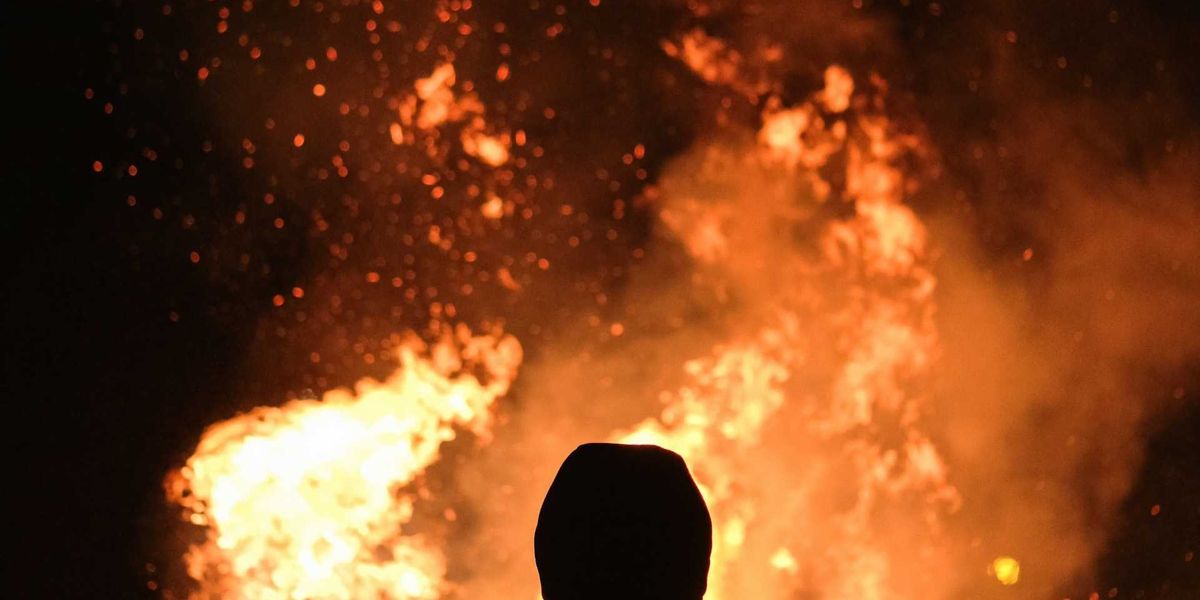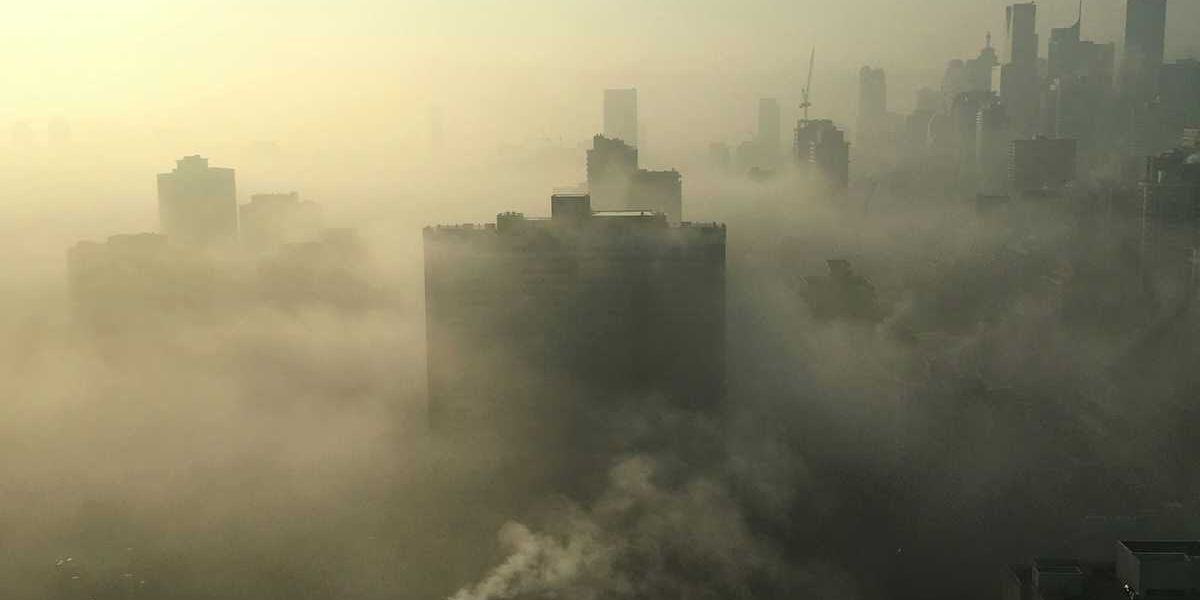Rising temperatures drive future droughts in the West beyond just lack of rain
As temperatures rise, evaporation is becoming a major force behind droughts in the American West, intensifying dry conditions regardless of rainfall levels, new research shows.
Joshua Partlow reports for The Washington Post.
In short:
- Recent research finds that since 2000, higher temperatures have amplified drought severity in the West by accelerating evaporation, impacting water availability more than low rainfall alone.
- Warmer temperatures increase the atmosphere's ability to hold water, draining moisture from the ground and reducing water levels in reservoirs, even after rain.
- The study projects that by the end of the century, extreme drought events could occur every six years if temperatures continue to rise.
Key quote:
“Even if you have rainfall,” much of it won’t reach western reservoirs because it will evaporate along the way.
— Rong Fu, professor of atmospheric and oceanic science at UCLA
Why this matters:
With temperatures projected to keep rising, evaporation-driven droughts threaten water resources across the West, raising concerns for agriculture, urban water supplies and ecosystems that rely on critical reservoirs like the Colorado River. Understanding these dynamics can inform future water management strategies as the region faces intensified drought cycles.













